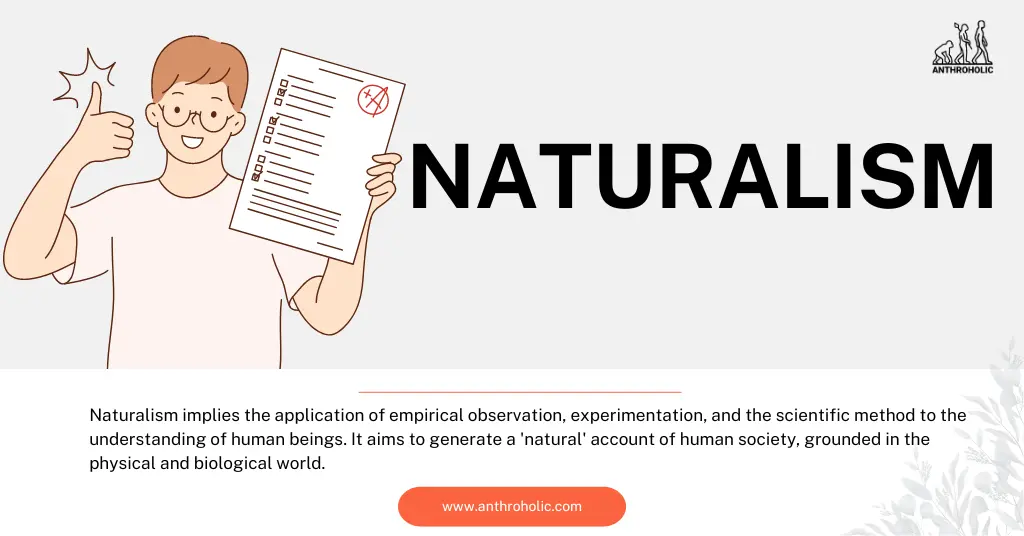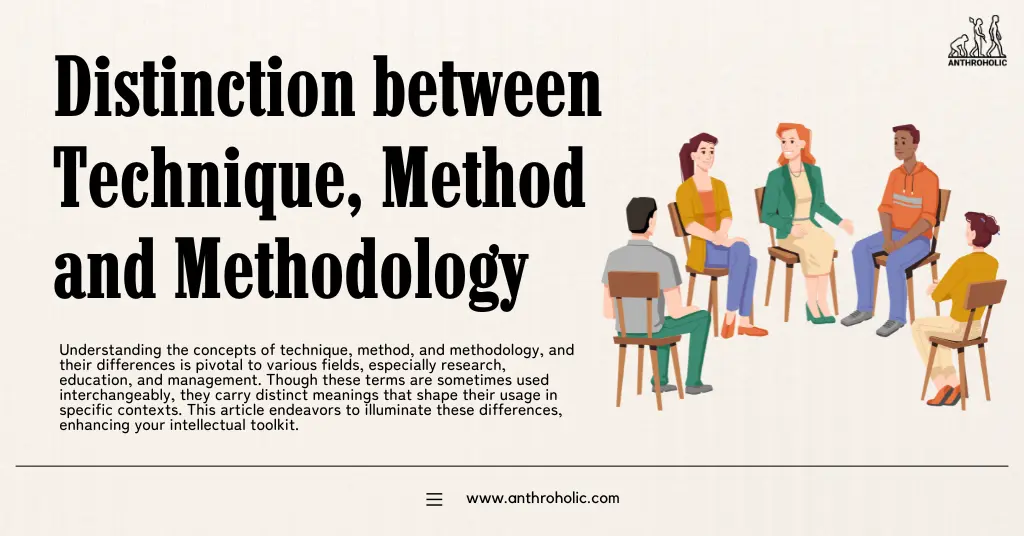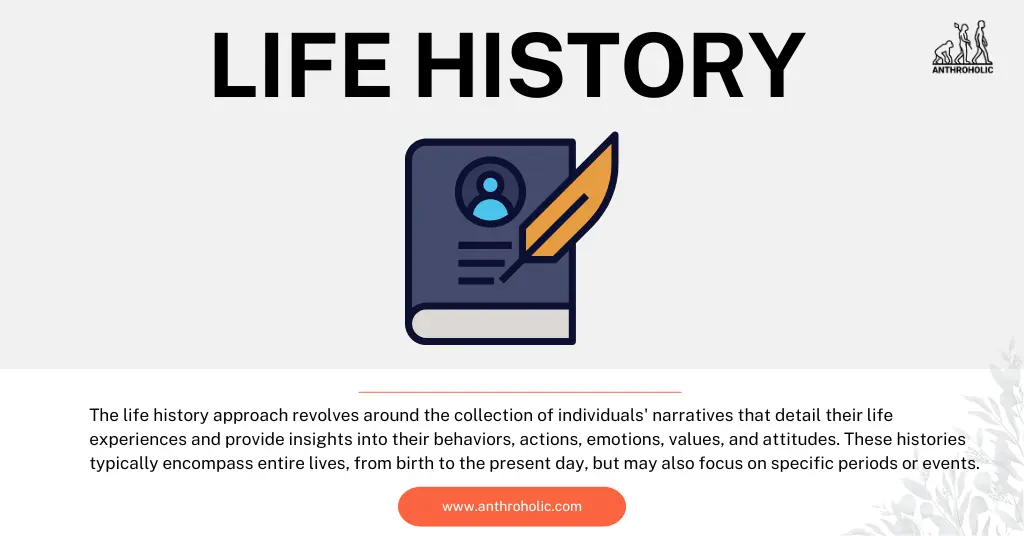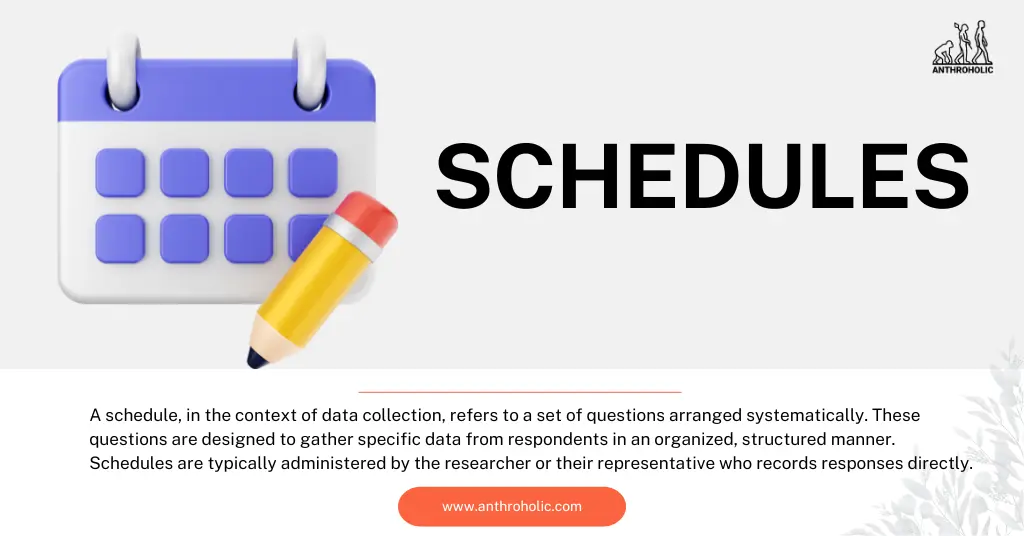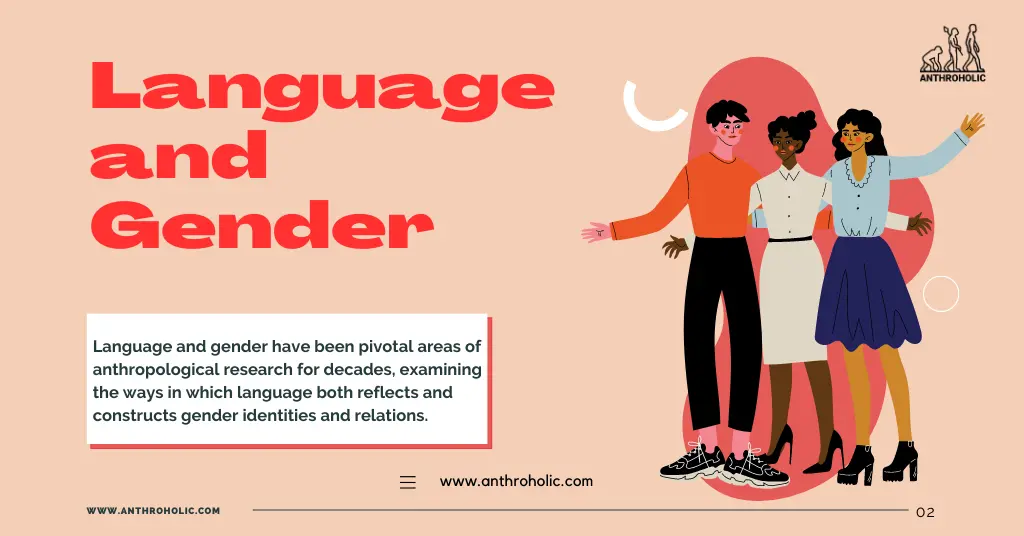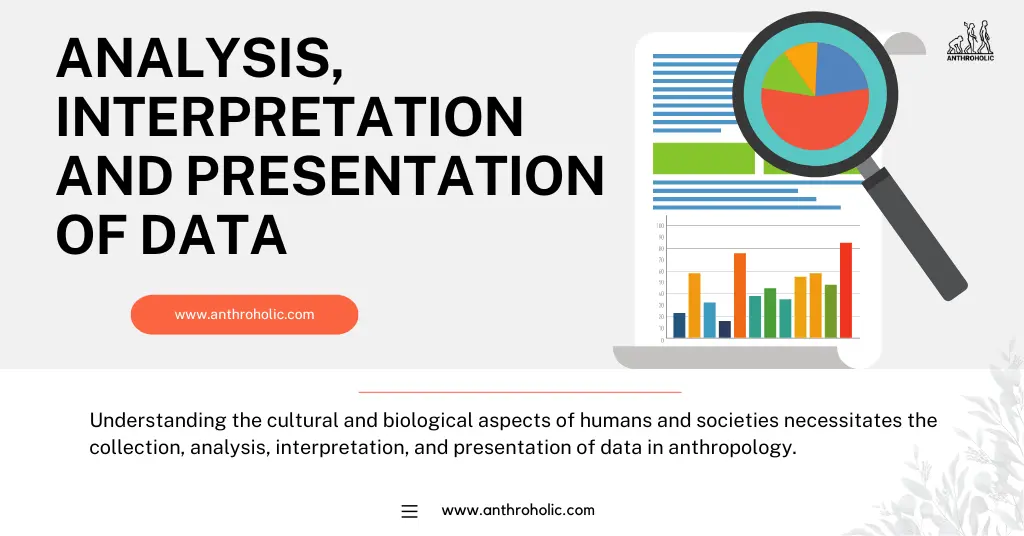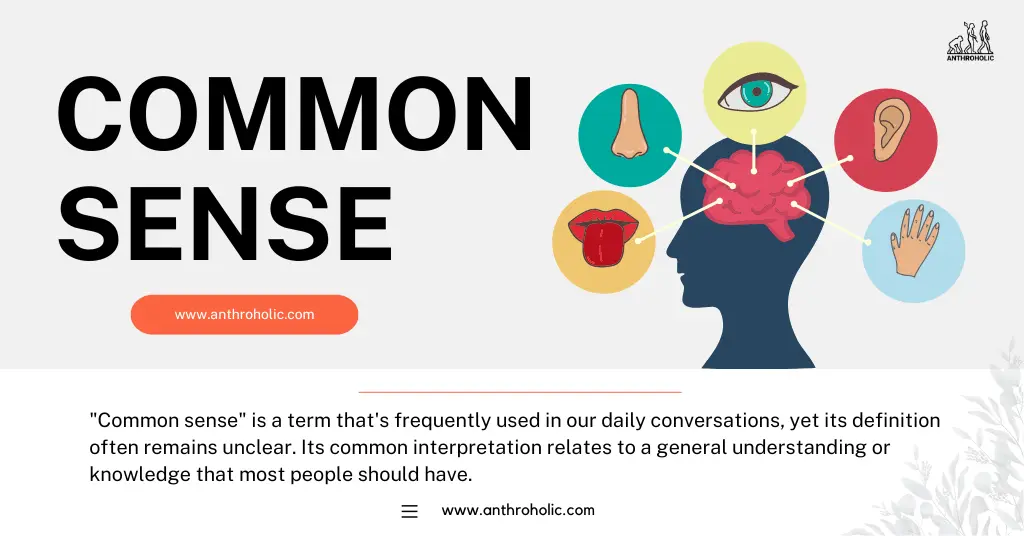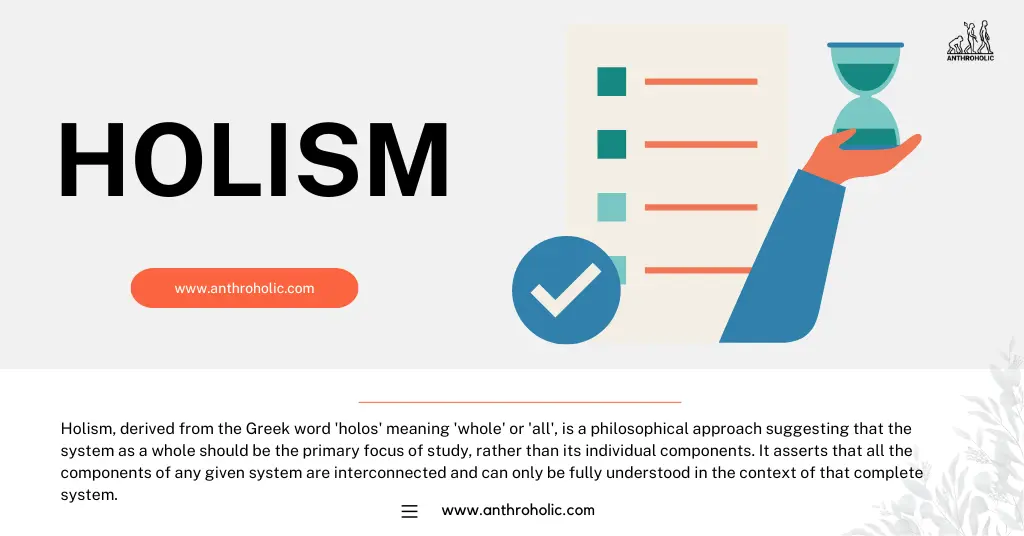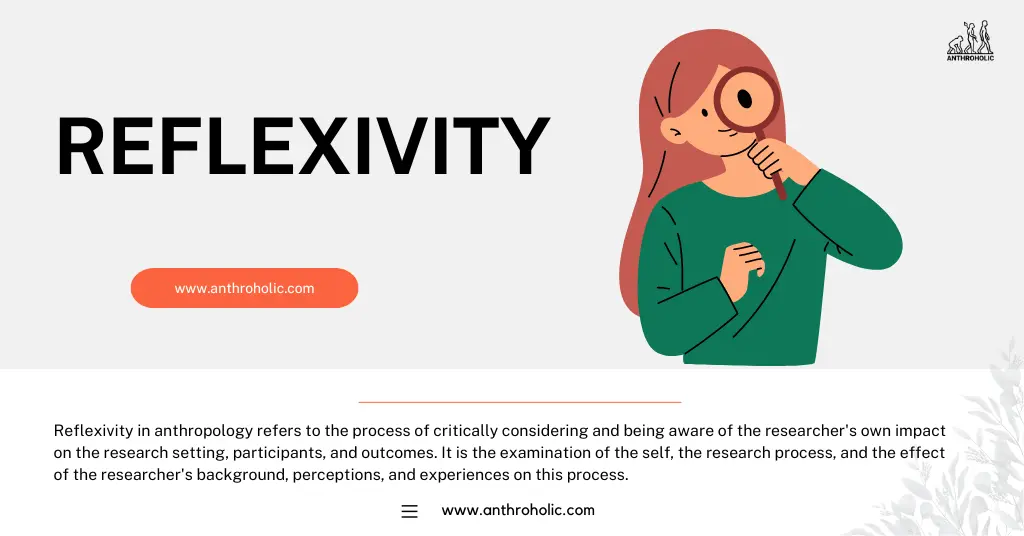AI Answer Evaluation Platform Live Now. Try Free Answer Evaluation Now
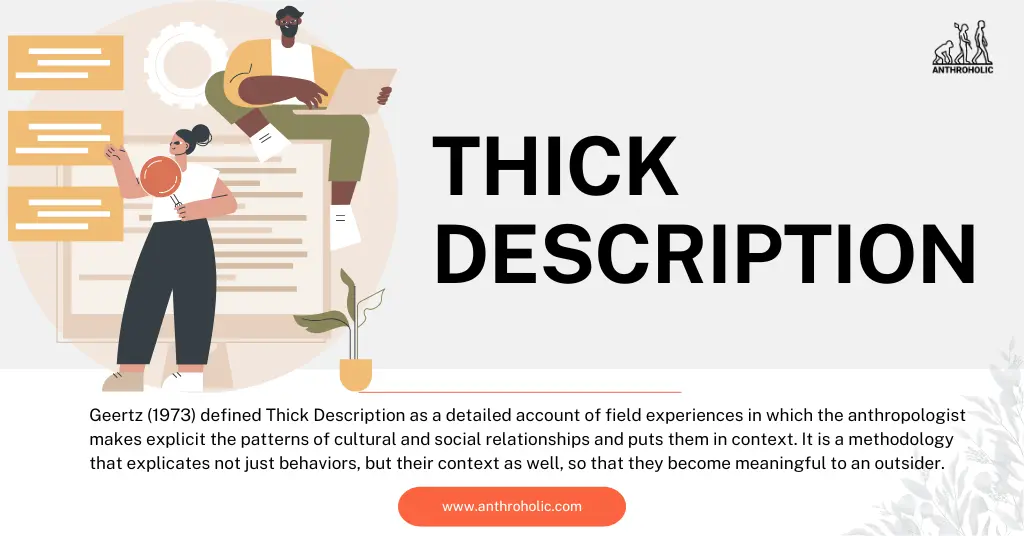
Thick Description
Geertz (1973) defined Thick Description as a detailed account of field experiences in which the anthropologist makes explicit the patterns of cultural and social relationships and puts them in context. It is a methodology that explicates not just behaviors, but their context as well, so that they become meaningful to an outsider.
